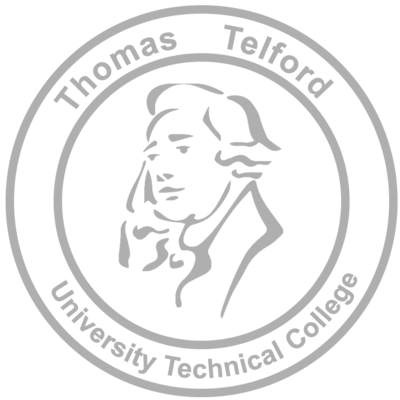2021 6th Form 12PP Prospectus WEB - Magazine - Page 9

Physics
AQA - A Level
A Level Physics is a challenging and fascinating subject that explores the
fundamental principles of the universe from subatomic particles to galaxies. If
you enjoy problem-solving, understanding how things work and applying maths
to real-world situations, this course is for you. Combining theory with practical
investigation, it develops scientific thinking, mathematical reasoning and
experimental skills valued in many careers and degrees.
What you will learn:
• Understand measurements, particles, waves, mechanics, electricity and fields
• Explore further mechanics, thermal physics and nuclear physics
• Develop practical skills through required experiments for the Practical
Endorsement
• Apply maths and scientific methods to solve real-world problems
Course topics:
Measurements and errors, particles and radiation, waves, mechanics and materials,
electricity, further mechanics and thermal physics, fields and consequences,
nuclear physics.
Course Breakdown
Assessment is through three
written exams at the end of Year 13:
• Paper 1: Sections 1–5 and part of
6 (34%)
• Paper 2: Sections 6–8 and
assumed
knowledge
from
earlier topics (34%)
• Paper 3: Practical skills, data
analysis and the optional topic
(32%)
Each paper includes a mixture of
short and long response questions,
calculations and multiple-choice
questions.
Medical Science
AAQ National Extended Certi昀椀cate
This two-year vocational qualification combines theory and practical skills in medical
science, preparing students for further study and healthcare careers.
It covers the structure, function and dysfunction of the human body through a
scientific approach.
What you will learn:
• Gain a thorough understanding of human anatomy, physiology and pathology
• Develop scientific literacy to communicate health issues effectively
• Build practical lab skills in microbiology and safety protocols
• Enhance analytical and reporting skills through assignments and assessments
Course Breakdown
Mandatory units: human anatomy
and physiology, health issues and
scientific reporting, microbiology
and infectious diseases
Optional units (subject to provider):
diseases and treatments,
biomedical science, human
reproduction
Assessment includes external
exams, assignments and synoptic
tasks integrating multiple topics.
Computer Science
OCR - A Level
A Level Computer Science provides a deep understanding of how computer
systems work, blending theory with practical skills. Students study programming,
algorithms, data structures and computer architecture, alongside computational
thinking. The course also covers ethical, legal and environmental impacts of
technology. In Year 13, students complete a programming project as part of their
non-exam assessment (NEA).
What you will learn:
• Understand computer systems, algorithms and programming concepts
• Develop practical programming skills through a project
• Explore the impact of technology on society, including ethical and legal issues
• Apply problem-solving skills to real-world computing challenges
Course Breakdown
•
•
•
Component 01: Computer
Systems (Exam) – 40%
Component 02: Algorithms and
Programming (Exam) – 40%
Component 03: Programming
Project (NEA) – 20%